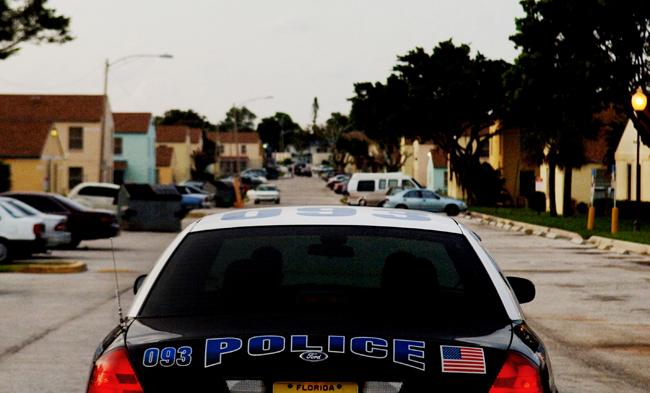Out of the countless issues in America including terrorism, economy, and war, gangs are one of the issues that can affect teens the most. Gangs are a rising issue throughout the country, and teen gangs are especially life-changing at this delicate period of life. Today’s teens are invited into gangs through the most upsetting manners imaginable as gangs take advantage of young teenagers and the entire psychology behind this act evokes highly distressing emotions.
Gangsters have the ability (or more likely to do this) to psychologically convince “weak, vulnerable teens” into becoming a gang member. They convince them or brainwash them in a way that the teen’s mind feels as though he or she has to join a gang for their betterment as discussed in Raychelle Cassada Lohmann’s Psychology Today article, “Teen Gangstas”.
The teens who end up in a gang most likely are the ones who are, as their teenage peers say, “loners”, according to the study. These “loners” refer to the kids who think that they do not have any place anywhere or anyone to call a family. These kids also do not make many friends and are often times found by their selves during lunchtime. In other basic words, they personally feel highly insecure about themselves whether they tell anyone or not, whether they show it or not. Due to these insecurities that the innocent teenager faces, gangs begin taking advantage of that major drawback. Therefore, in order “to catch their prey”, the gangsters assure the innocent (yet desperate for someone whom they could call their friend or family, talk to and generally just have fun or to hang out with) that the gangsters could possibly become the their family where the teen supposedly belongs, but that it would only be like that if the teen joins the gang. Plus, once they have become a gang member, the sudden change from no one to a whole group boosts their self-confidence making them feel and appear as if they were “cool.” The whole group not only boosts the teenager’s confidence but also provides them with a sense of protection and security since it would be much more difficult, in fact nearly impossible, to assault or ridicule someone who is with a group than if that same person happened to be by their self. In all, the timid, self-doubting teen is just desperate enough for someone to be with, that they become part of a gang once a hand is extended towards them.
This research by Lohmann showed that even children ten years of age are involved with gangs and gang activities. Gang activities include jumping, “sexting”, drugging, stabbing, and shooting others even if the person they physically attacked was not a gang member or rival. Other gang activities are “theft, assaults, drug trafficking, and black market weapon exchanges”. These are the very activities which for some kids who necessarily are not the “loners” prefer. They enjoy the thought of such thrill and adventure as they call it, transforming into the reason that they decide to be a gangster. The teens that like the adventure are the same ones who like to confront authorities and for that reason get in augmented or more trouble anywhere. Then again, there are some teenagers who have friends and once again are not the “loner”, but they do not choose the correct friends or people around who to be with, they choose, let’s call them “the wrong crowd”. “The wrong crowd” uses peer pressure to make the non-gang member a gang member. Peer pressure is also another rising problem which not only teens, but also younger children are facing today. Peer pressure sometimes even includes threats, the creation of temptation in the non-gangster’s mind to become one, and simply throw out an invitation to be “cool” or actually enter the world of crime and violence at an extremely sensitive young period of life when countless life-changing decisions have to be made despite the fact that they are not sensible, mature or wise enough.
Consequently gangs need to be stopped; gangs have no right whatsoever to psychologically persuade another teen to enroll into a ruthless, frightening world which no teenager should ever have the misfortune to encounter.
